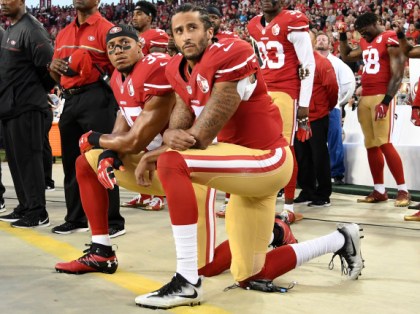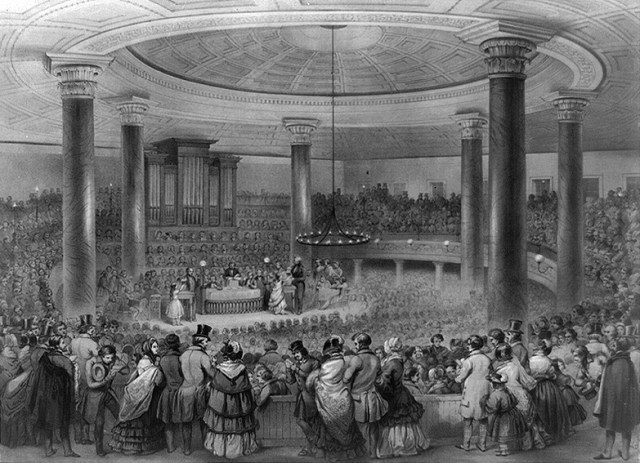
To understand why the Amazon has been set on fire by arsonists hoping to make more money, we need to talk about the election of Jair Bolsonaro.
There are many reasons not to like Bolsonaro. A former member of the military, he is an apologist for the brutal military rule in Brazil that killed, imprisoned or tortured over 45,000 people according to Brazil Amnesty Commission established in 2001. In a radio interview in 2016 Bolsonaro suggested the mistake of the military regime was torturing opponents when they should have simply killed them. When he voted to oust former president Dilma Rousseff, he dedicated his vote to the military leader who presided over the facilities in which she herself was tortured during the military regime. He lamented the Indigenous people of Brazil were not previously killed off completely. He has a long record of homophobia, racism, xenophobia and misogyny. While campaigning as an anti-corruption crusader, his own family has been accused of having connects to very serious criminal groups. He is not supported by the majority of Brazil and would likely have lost to Lulu if Operation Car Wash had not targeted Lulu.
More to the point, Bolsonaro ran on campaign promises that included reducing protections for the Amazon, reducing tribal rights in the Amazon, and opening up the rainforest for economic exploitation. Recent leaks have also revealed the Bolsonaro government has planned to use Bolsonaro’s hate speech to stir up public sentiment against indigneous tribes living in the Amazon, build highways through the Amazon and fully exploit the region economically. Once in power Bolsonaro has followed through on these promises legislatively.
So how did he win?
There are perhaps many reasons why Bolsonaro won, including the support of people who genuinely were attracted to his platform and message. However, a number of dubious factors contributed to his win and should be discussed. First, in Brazil many phone contracts in Brazil allow people to use WhatsApp free of charge. WhatsApp became a hotbed of rumors and disinformation where 65% Brazilian voters inform themselves politically and 47% believed those items. One study found that half of the images circulated on WhatsApp were false and targeted the PT party, Bolsonaro’s opposition. Second, Brazil’s homicide rate is increasing and Bolsonaro ran on a campaign of cracking down on crime and corruption, which he was effectively blame on the PT party, perhaps in part due to misinformation. Third, YouTube’s algorithms contributed to sowing fear and misinformation in Brazil, their second largest market, and even the radicalization of many Brazilian citizens. The “Up Next” feature often led people to conspiracy theories and extremist content that aided Bolsonaro’s rise.
Fourth and most importantly, the most famous and popular politician in Brazil, Lulu da Silva, who was polling ahead of Bolsonaro by 20 points in political polls, was imprisoned for corruption in a clearly calculated political move before the election. His prosecution for corruption charges meant the party had to run a less popular candidate. Leaked documents reported on by the Intercept prove this was a politically motivated move and involved the collusion of the judge presiding over the case, Sergio Moro, and the prosecutors. Moro went onto become the justice minister of Brazil after Bolsonaro’s election.
How did his election lead to the Amazon being set on fire?
Capitalists, large and small, have taken advantage of Bolsonaro’s political and rhetorical push to exploit the Amazon. This has included illegal miners and loggers launching large scale invasions of indigenous tribal land in the Amazon, killing and/or displacing these tribal groups to exploit their land. This also strongly appears to have led to capitalists with interests in ranching, agriculture, logging and mining to set the Amazon on fire. The Amazon is a rain forest and does not typically catch fire easily. These fires coincide with the ideal time to clear the forest in the dry season and open it up for use later in the year. While arson attacks against the Amazon have happened in previous years, fires in the Amazon have increased by 88% compared to the same time in a previous year, coinciding with Bolsonaro’s election and the rollback of protections. For exposing this, the scientist behind this expose, was fired by Bolsonaro. Bolsonaro has claimed NGO’s have intentionally set these fires, to embarrass him and told other world leaders to stay out of Brazil’s “internal business.”
So what’s the big picture?
Jair Bolsonaro is an incredibly problematic far right politician who won the presidency of Brazil in part due high level corruption that undermined a political opponent who would have likely beaten him, and a variety of factors that allowed for fear, disinformation, and radicalization to take root in Brazil. His administration has attacked the indigenous people of the Amazon and rolled back the environmental protection of the Amazon rain forest so that the Amazon could be exploited economically. Emboldened by Bolsonaro’s administration, capitalists have intentionally set fire to the Amazon to clear it for economic exploitation.
The Amazon is not “burning” it’s under attack.
#AmazonArson







